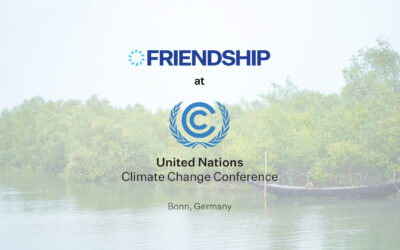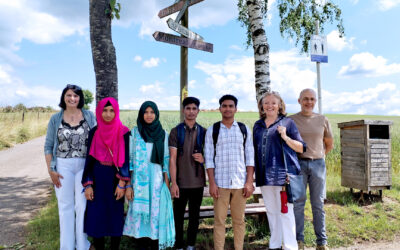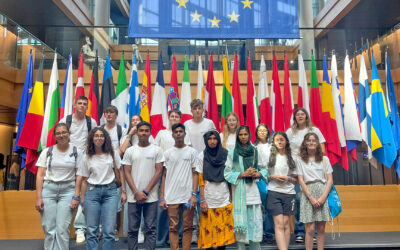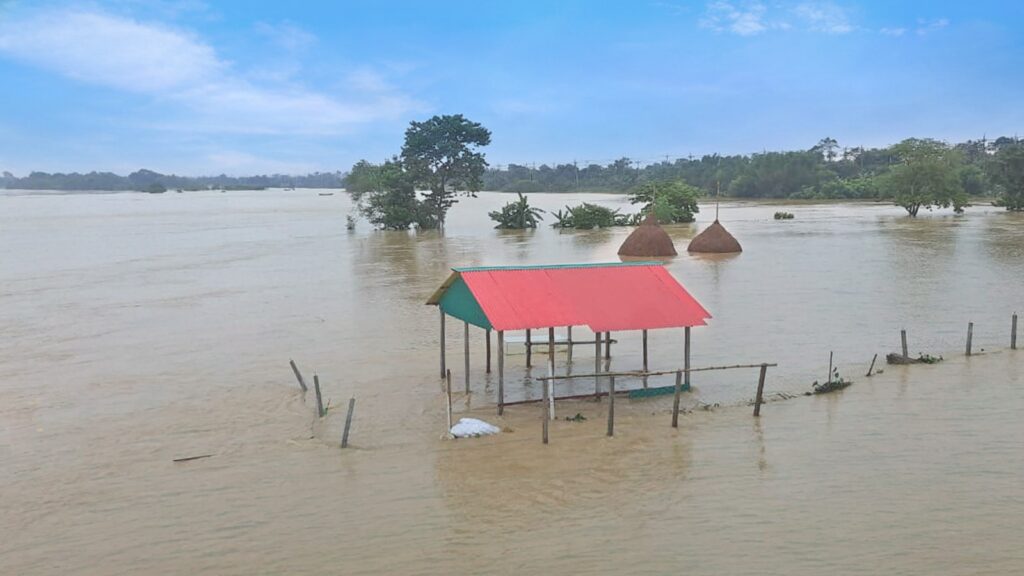
by Friendship News Desk
August 25, 2024
Deadly flash floods have ravaged eastern and southern Bangladesh since 21 August. The victims are in dire need of medical care, food, drinking water, hygiene items, rescue, rehabilitation and more. Of particular note is that the Gomti region of Bangladesh has not experienced a significant flood in 30 years, and as such were underprepared for what was to come. Subsequently, the current floods have been disastrous on an unprecedented scale.
Bangladesh is currently grappling with one of the worst flash floods in decades, just two months after another severe flood hit the northeastern region. 18 people are dead and over 980,000 people are stranded across 11 districts. Caused by heavy rainfalls and upstream water from India, the flood comes just after the bloody political upheaval last month. Despite these challenges, the government has been actively working to support the flood victims alongside Friendship and other NGOs and several volunteer groups.
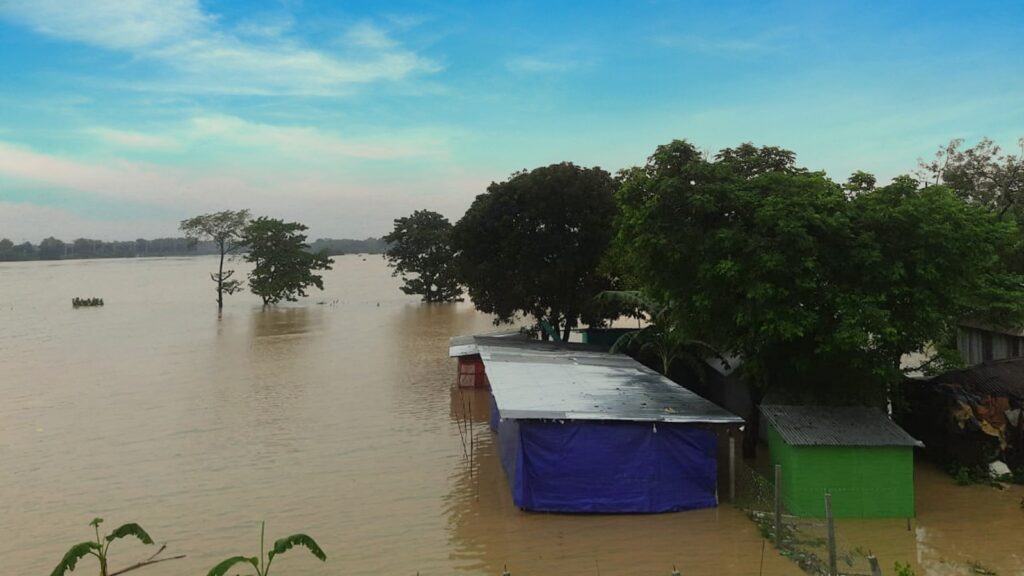
Feni and Noakhali are the worst affected, with flood waters reaching almost chin height in some areas. The other nine districts affected include Cumilla, Chattogram, Khagrachhari, Moulvibazar, Habiganj, Brahmanbaria, Sylhet, Lakshmipur, and Cox’s Bazar. This is the first severe flood in the basin in a generation, hence, it took the residents by complete surprise. They had little time for preparedness, protection and management unlike other areas of Bangladesh where flooding is more common, such as the northern char (river island) regions of the country.
Flood victims in the affected areas are in critical condition, suffering from physical injuries, mental trauma, and health hazards. 3,527 shelter centres have been opened for refuge of victims and cattle. The victims immediately need first aid, medicine, food, drinking water, multipurpose cash support, fuel, hygiene items, mobile latrines, livestock fodder, mobile charging stations and cooking facilities. They also require essential items like candles, lighters, tarpaulin, and protective gear such as umbrellas and raincoats.
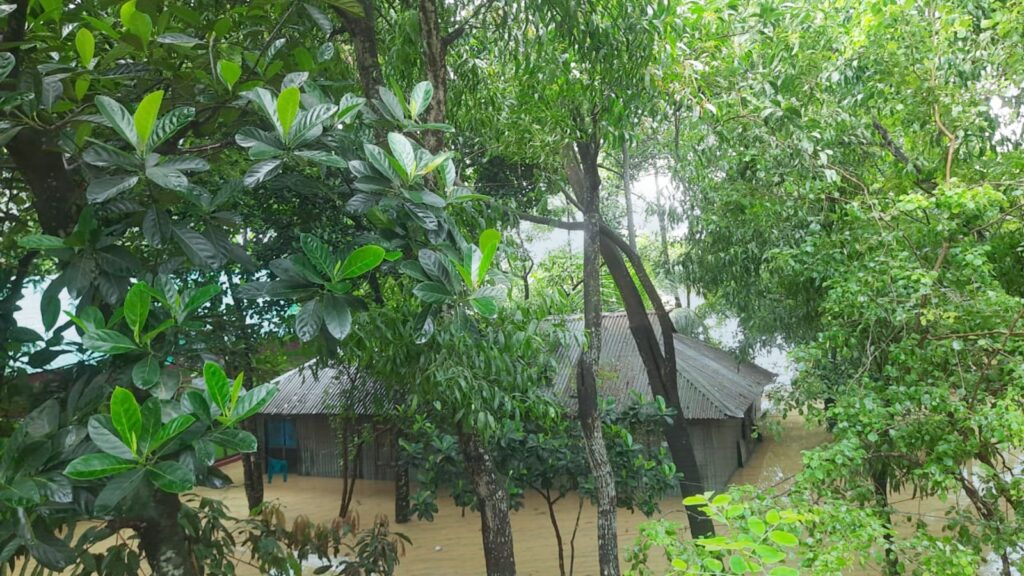
The Flood Forecasting and Warning Centre (FFWC) reported that six northeastern and southeastern rivers are flowing above danger levels, namely Kushiara, Manu, Khowai, Gomti, Dholai, and Teesta rivers. Major rivers like the Padma, Meghna, Jamuna and Brahmaputra rivers are still below danger level. However, medium to heavy rainfall is anticipated in the next 48 hours, which may make things worse. The Muhuri, Halda, and Gomti rivers are at risk of exceeding danger levels as well. The Bangladesh Meteorological Department has issued warnings of very heavy rainfall that could exacerbate current flood situations.
The continuous heavy rainfall across Bangladesh has severely hampered transport, electricity, mobile networks and internet, water sanitation and supply, and livelihoods. Highways and rail tracks are submerged. Many of the victims were cut off from the rest of the country. Members from the Anti-Discrimination Students’ Movement, Bangladesh Army, Bangladesh Navy, Bangladesh Airforce, Border Guard Bangladesh, Fire Service and Civil Defence members, private and public organisations, and volunteer organisations have been coordinating with the new interim government for rescue using helicopters and speedboats.
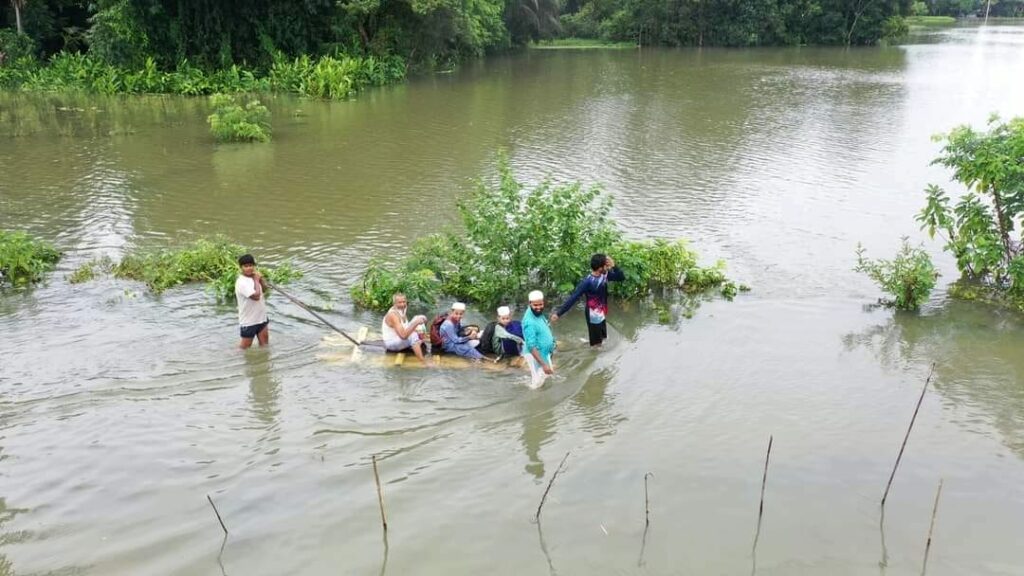
As for Friendship, emergency medical aid through five satellite clinic teams are headed to the affected areas of this particular flood and donation portals are now open. Friendship Flood Volunteers are also ready to deploy with rescue, relief and aid. Fortunately, Friendship has extensive experience in dealing with floods in extremely remote, hard-to-reach areas in the northern char (river island) areas of Bangladesh and is uniquely experienced in dealing with such crises; delivering emergency aid and relief, and also pre-emptive measures such as community-initiated disaster risk reduction methods, preparedness, management and response. In the post-disaster period, reconstruction, rehabilitation and restoration of livelihoods will be of the utmost importance. Water-borne diseases, lack of adequate WASH facilities, clean drinking water, food and shelter will all be of concern, even after the rain has stopped and the water begins to subside. As noted earlier, Feni, Noakhali and the Gomti basin are not where such disasters usually occur, but Friendship is fully equipped to use its decades of experience in other regions to provide the necessary rescue, relief and rehabilitation for the flood victims.
Soon after the political upheaval in the same month, the Bangladeshi public has once again shown remarkable solidarity. From children to homemakers, local communities, professionals, students, military and youth volunteers – everyone has contributed towards rescue operations and essential item distribution. The government has so far allocated 3.52 crores cash, 20,150 metric tonnes of rice, and 15,000 food packets for relief. This kind of unity and resilience has mobilised massive relief action. Yet more needs to be done in the upcoming days to restore the livelihoods and dignity of the flood victims, for the country to move on.
The affected people need all the help they can get, and even with all the organisations and agencies, both public and private, every little thing counts. Stand with these disaster-stricken people in their time of urgent need, and please participate in relief efforts by whatever means you can. You may find the donation link on our website in the top right corner, or at the bottom of every article and newsletter. Readers inside Bangladesh may also use the donation portals in the bKash, UPay and Nagad apps.

